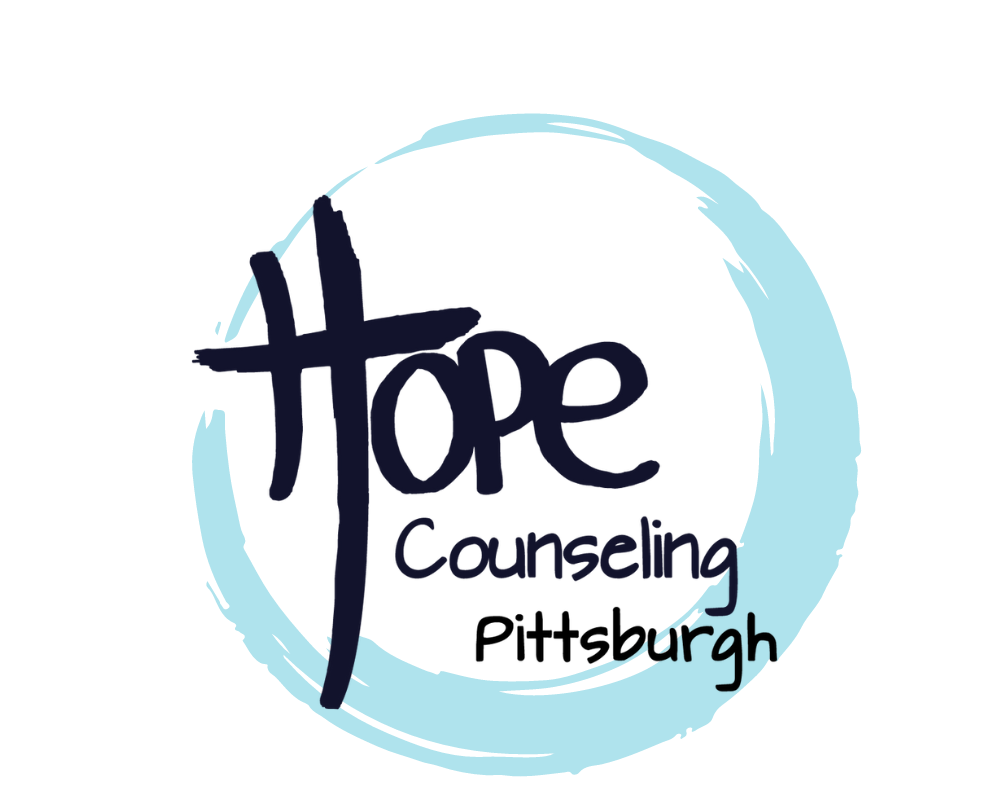Common Misconceptions About Trauma

By definition from the American Psychological Association, trauma is an emotional response to a terrible event (APA, n.d.). After traumatic events, shock, denial, and other long-term reactions can impact a person’s life considerably. Additionally, trauma can look different for everyone and can come in numerous forms. For example, a person in their mid-twenties that was abused as a child could experience negative emotions and/or physiological responses associated with their childhood trauma when they establish intimate relationships or become a parent. Identifying and treating trauma is crucial for a powerful recovery! The word “trauma” is often misinterpreted which contributes to the stigma surrounding mental health.
Here are three common misconceptions about trauma:
1) Only the weak are affected by trauma.
Due to the fact that everyone is different, some people are more vulnerable to the effects of a traumatic event. Factors impacting how we handle trauma and the traumatic event itself is often something that we have no control over. Anyone can be affected by trauma, so there is no reason to assume that only weak people are truly affected.
2) Nothing beneficial ever comes as a result of trauma.
According to Psychology Today, 90 percent of trauma survivors eventually gain a renewed passion for life, empathetic growth, and increased emotional maturity (Haas, 2015). It is helpful to recognize the difference between the traumatic event and the long-term results. Certainly, the trauma itself is not good. Yet, we might be able to grow into someone we never thought possible through the healing process. Psychologists Tedeschi and Calhoun identified a phenomenon called “post-traumatic growth” through their research in the 1990s. Their research noted a positive growth that some clients undergo after trauma. How hopeful!
3) Trauma is a life sentence.
There are circumstances in which a traumatic event will change a person’s life and leave scars, but a person is never too far from being in a place of possible recovery. There are multiple ways to set yourself up for proper healing and growth from trauma like self-care, exercise, and seeking professional help.
If you have experienced a traumatic event(s) in your life and you feel that it is holding you back from being the person you want to be, please reach out to Hope Counseling today to get the help you deserve.
References:
American Psychological Association. (n.d.). Trauma and Shock. American Psychological
Association. https://www.apa.org/topics/trauma/.
Crossway Bibles. (2016). ESV: study Bible: English standard version.
Haas, M. (2015, October 27). Five common misconceptions about trauma. Psychology Today.
